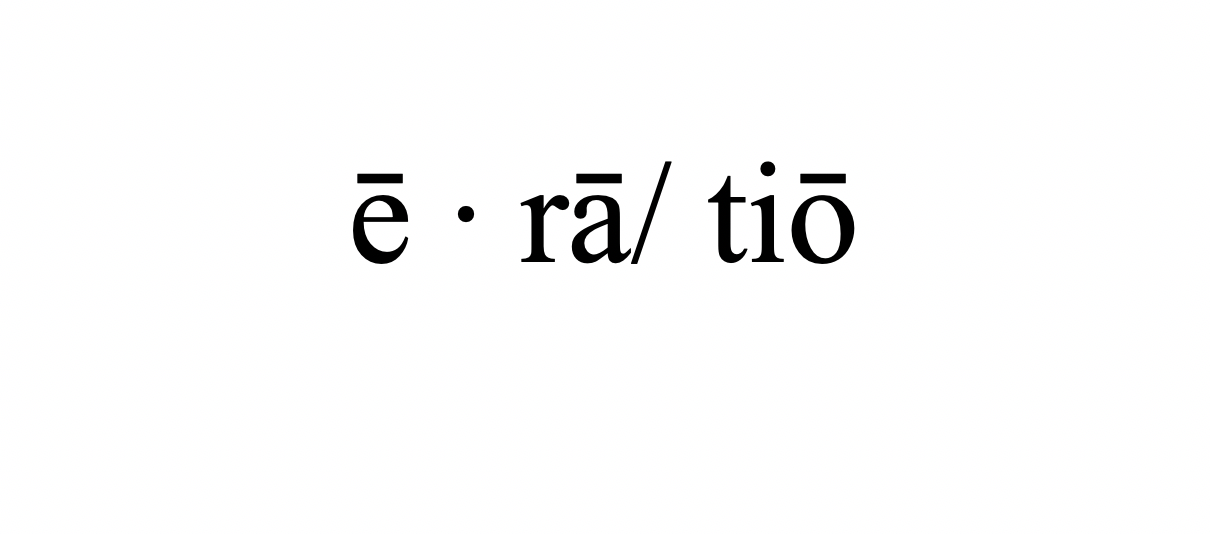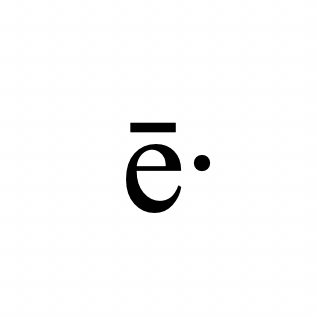HOTEL ACAPULCO
Ivan Pozzoni
HOTEL ACAPULCO
Le mie mani, scarne, han continuato a batter testi,
trasformando in carta ogni voce di morto
che non abbia lasciato testamento,
dimenticando di curare
ciò che tutti definiscono il normale affare
d’ogni essere umano: ufficio, casa, famiglia,
l’ideale, insomma, di una vita regolare.
Abbandonata, nel lontano 2026, ogni difesa
d’un contratto a tempo indeterminato,
etichettato come squilibrato,
mi son rinchiuso nel centro di Milano,
Hotel Acapulco, albergo scalcinato,
chiamando a raccolta i sogni degli emarginati,
esaurendo i risparmi di una vita
nella pigione, in riviste e pasti risicati.
Quando i carabinieri faranno irruzione
nella stanza scrostata dell’Hotel Acapulco
e troveranno un altro morto senza testamento,
chi racconterà la storia, ordinaria,
d’un vecchio vissuto controvento?
HOTEL ACAPULCO
My emaciated hands continued to write,
turning each voice of death into paper,
that he left no will,
forgetting to look after
what everyone defines as the normal business
of every human being: office, home, family,
the ideal, at last, of a regular life.
Abandoned, back in 2026, any defense
of a permanent contract,
labelled as unbalanced,
I’m locked up in the centre of Milan,
Hotel Acapulco, a decrepit hotel,
calling upon the dreams of the marginalized,
exhausting a lifetime’s savings
in magazines and meagre meals.
When the Carabinieri burst
into the decrepit room of the Hotel Acapulco
and find yet another dead man without a will,
who will tell the ordinary story
of an old man who lived against the wind?
Ivan Pozzoni was born in Monza in 1976. He was the founder and director of the literary magazines Il Guastatore and L’Arrivista, and he is the editor and chief of the international philosophical magazine Información Filosófica. He has written essays on Italian philosophers and on the ethics and juridical theory of the ancient world.

